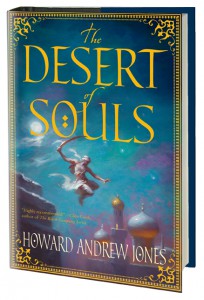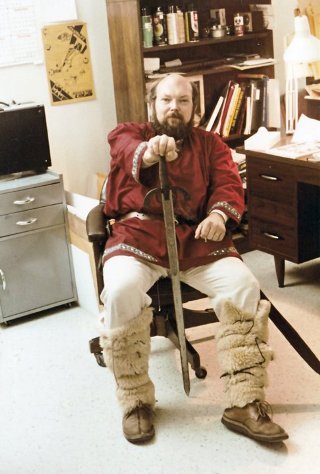New Treasures: Who Killed Science Fiction? by Earl Kemp
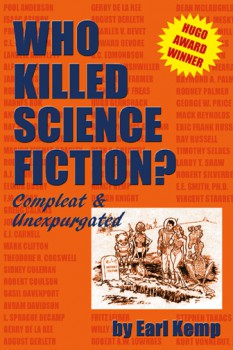 In 1960, only 34 years after the launch of Amazing Stories, the first true science fiction magazine, fan Earl Kemp mailed a set of questions to 108 SF writers, editors, artists and fans. 71 responded, including Isaac Asimov, Robert Heinlein, Hugo Gernsback, E.E. “Doc” Smith, Poul Anderson, Ray Bradbury, Fritz Leiber, Andre Norton, Kurt Vonnegut, Robert Silverberg, John W. Campbell, Horace Gold, Marion Zimmer Bradley, and many others. The questions were:
In 1960, only 34 years after the launch of Amazing Stories, the first true science fiction magazine, fan Earl Kemp mailed a set of questions to 108 SF writers, editors, artists and fans. 71 responded, including Isaac Asimov, Robert Heinlein, Hugo Gernsback, E.E. “Doc” Smith, Poul Anderson, Ray Bradbury, Fritz Leiber, Andre Norton, Kurt Vonnegut, Robert Silverberg, John W. Campbell, Horace Gold, Marion Zimmer Bradley, and many others. The questions were:
1) Do you feel that magazine science fiction is dead?
2) Do you feel that any single person, action, incident, etc., is responsible for the present situation? If not, what is responsible?
3) What can we do to correct it?
4) Should we look to the original paperback as a point of salvation?
5) What additional remarks, pertinent to the study, would you like to contribute?
Kemp published the results in his one-shot fanzine SaFari Annual #1 in 1960. Only 125 copies were printed, and it instantly became a collector’s item. A candid dialog on the flaws and fate of the genre between most of its brightest lights, Who Killed Science Fiction? achieved near-legendary status in the SF community, and SaFari Annual #1 won a Hugo Award in 1961 based on that sole issue.

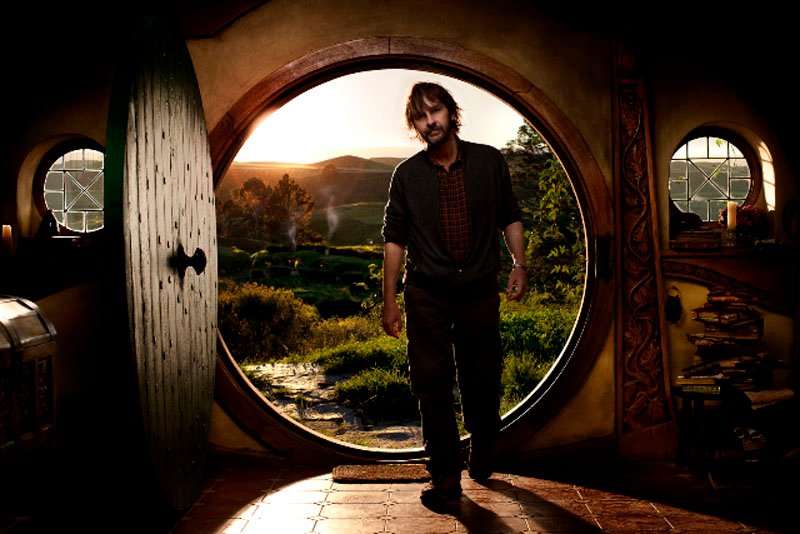 Only a short post today, following up on
Only a short post today, following up on 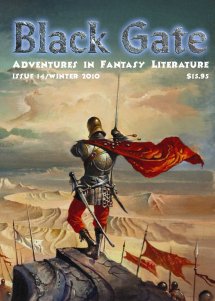 Terry Weyna at the Fantasy Literature blog has posted a detailed and embarrassingly complimentary review of our latest issue:
Terry Weyna at the Fantasy Literature blog has posted a detailed and embarrassingly complimentary review of our latest issue: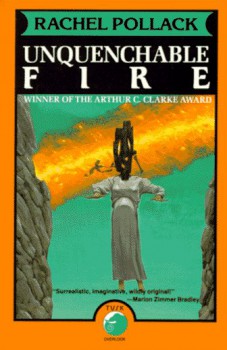 Unquenchable Fire, by Rachel Pollack
Unquenchable Fire, by Rachel Pollack It’s a great week for lovers of fantasy fiction!
It’s a great week for lovers of fantasy fiction!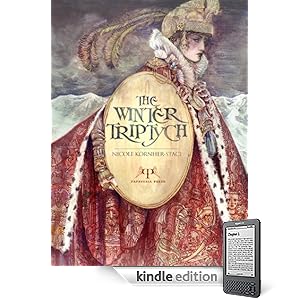

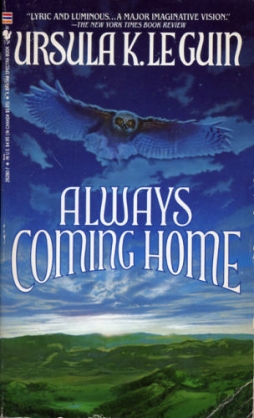 These past two weeks I’ve found myself writing here about science fiction, or speculative fiction, as the literature of ideas. It seems to me that ‘the literature of ideas’ implies something other than what we normally find in sf; I feel that it suggests writing that uses ideas to establish the structure of a work, instead of relying on traditional narrative. I’ve found a couple of early examples in Olaf Stapledon’s Star Maker and Jack London’s The Iron Heel. As a way to wrap up the discussion, I thought this week I’d look at a more recent example of what I mean by the literature of ideas: Ursula Le Guin’s Always Coming Home.
These past two weeks I’ve found myself writing here about science fiction, or speculative fiction, as the literature of ideas. It seems to me that ‘the literature of ideas’ implies something other than what we normally find in sf; I feel that it suggests writing that uses ideas to establish the structure of a work, instead of relying on traditional narrative. I’ve found a couple of early examples in Olaf Stapledon’s Star Maker and Jack London’s The Iron Heel. As a way to wrap up the discussion, I thought this week I’d look at a more recent example of what I mean by the literature of ideas: Ursula Le Guin’s Always Coming Home.